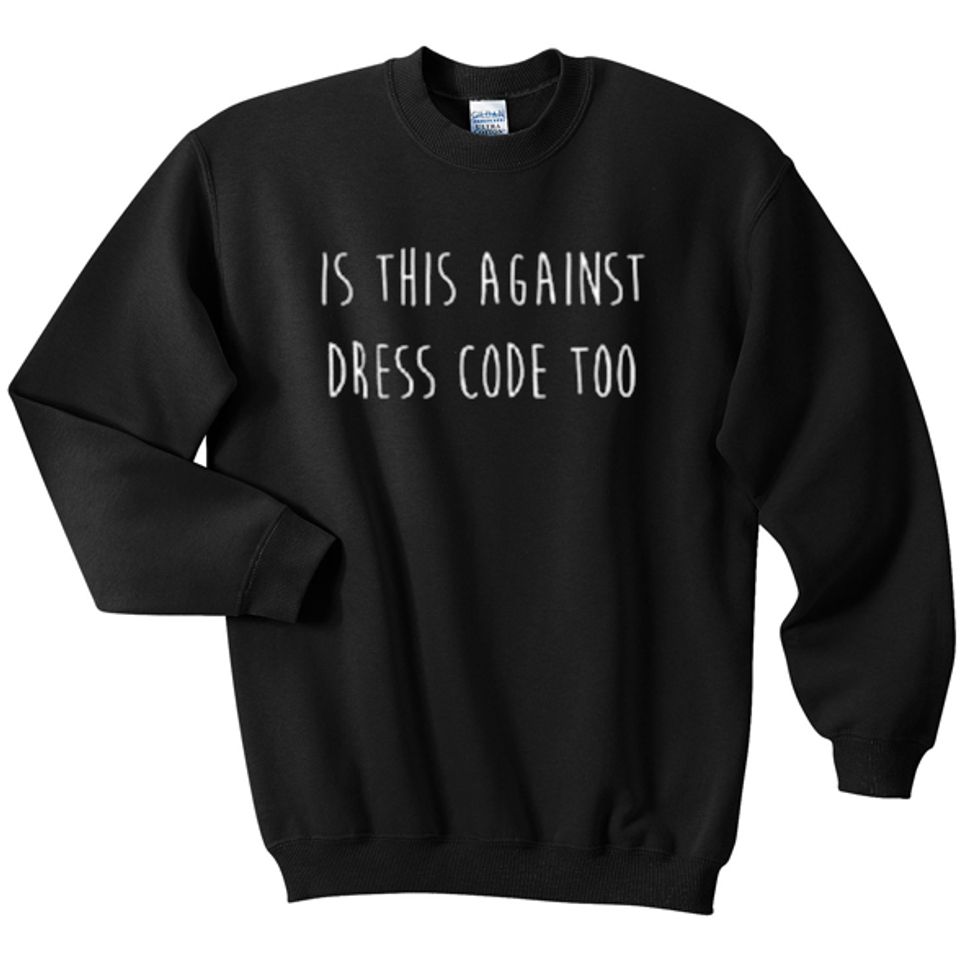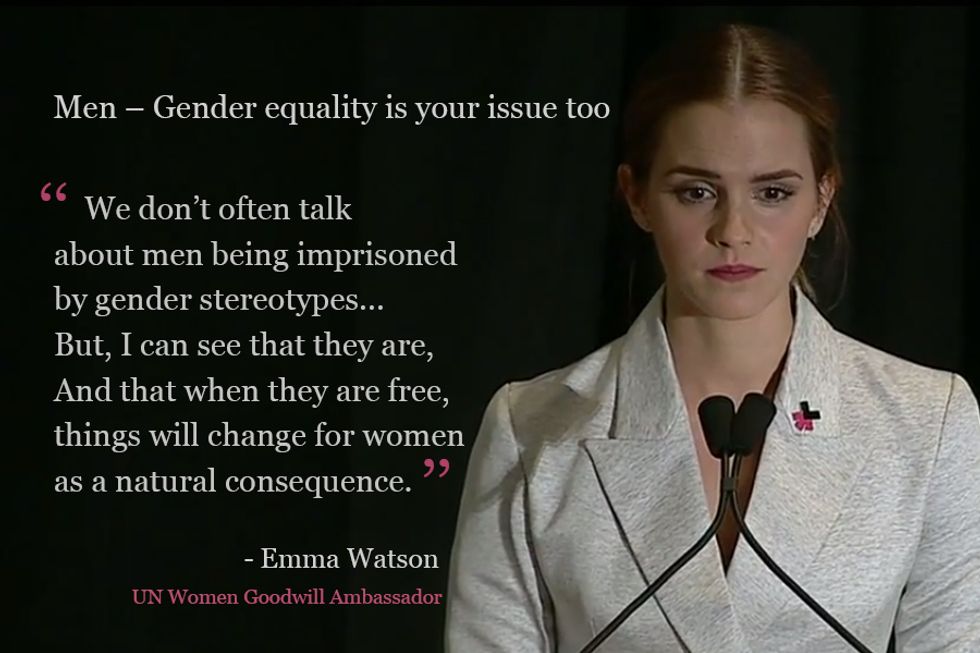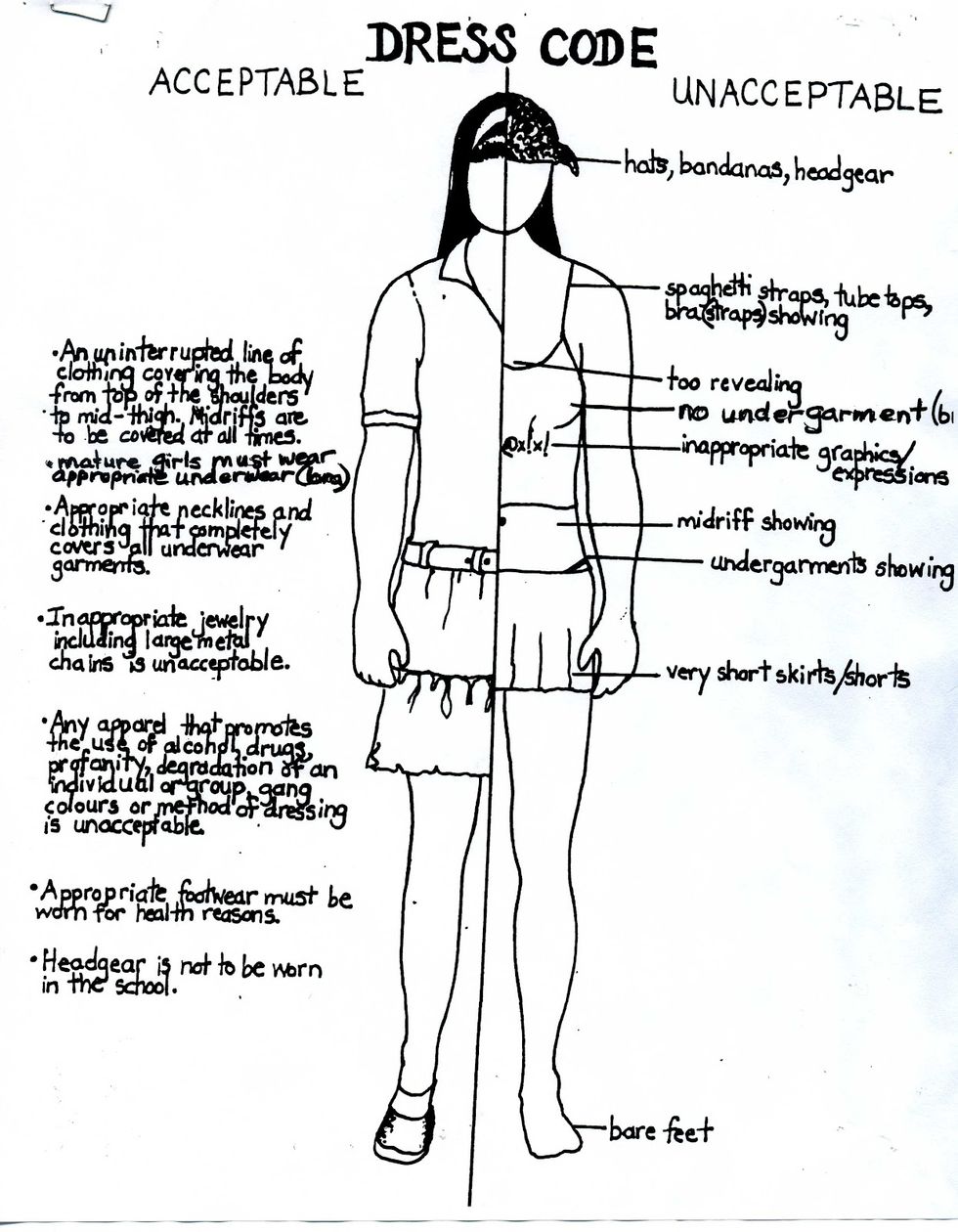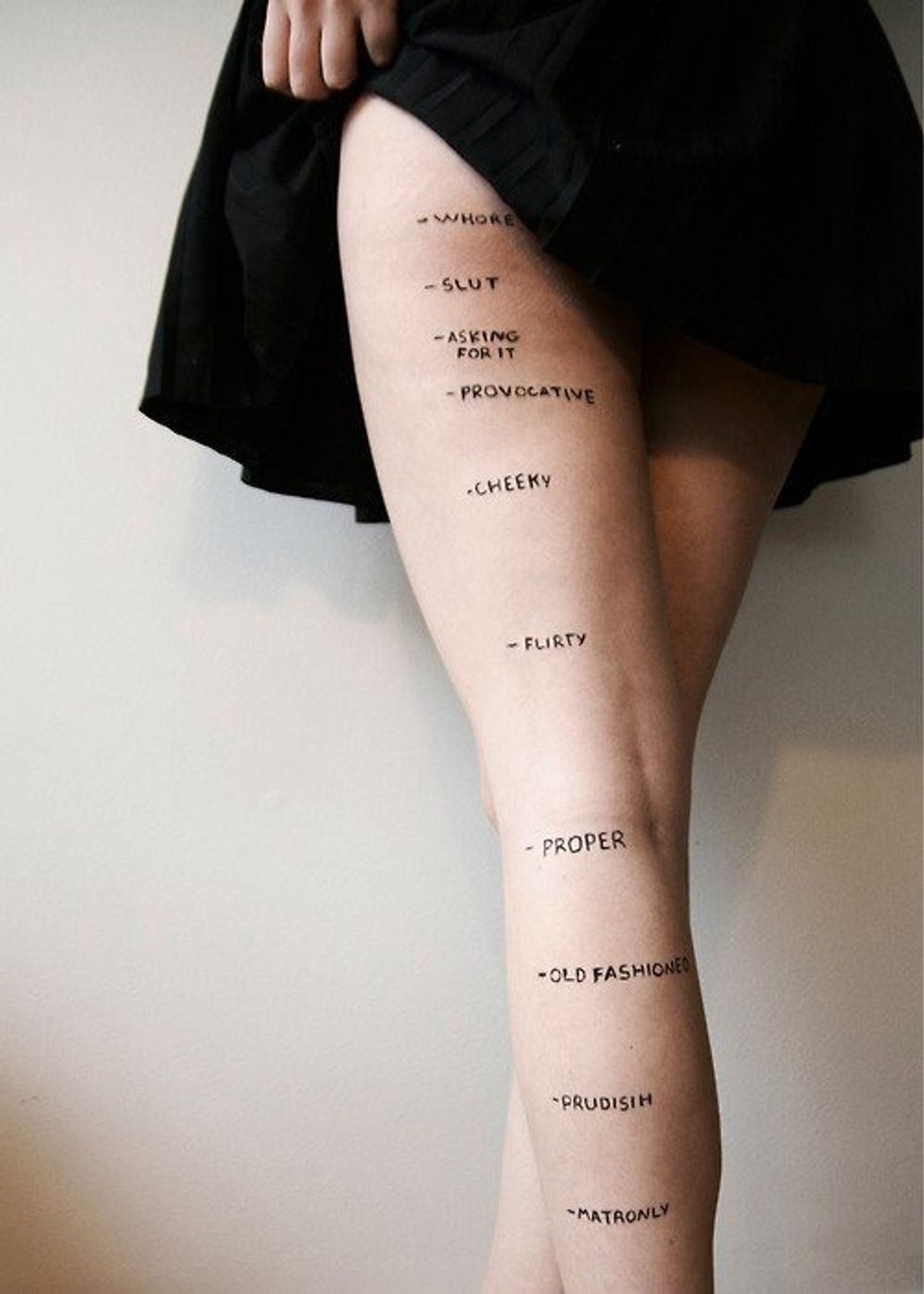During my spring break last month, I found myself sitting on my friends' couch discussing the sexual assaults on my college campus. The sad truth is one in four women are predicted to be victims of sexual assault. As we talked, all four of my friends revealed that they had experienced some form of sexual assault and none of them reported the incidences.
When hearing stories like this, it is natural to wonder why sexual assaults are under reported and question whether or not the statistics are true. Is one in four an underestimation? How do we take steps towards raising awareness about sexual assaults?
I would like to point towards systemic and institutional sexism that often encourages what is wrong over what is right. It is important to question our practices and behaviors to understand how we can make a difference. So, I would like to point towards one social practice that I think we need to end. My suggestions and stories are by no means innovative or groundbreaking, but my hope is that sharing this article will contribute to raising awareness and increase prevention.
Here is my problem: Sexist Dress Codes
In high school, I often saw my female friends dress coded. I could always sympathize with their frustrations but as someone who dressed fairly modestly, my empathy fell short.
When I was dress coded my senior year, I finally understood the feelings of anger stemmed from shame. I had such conflicting feelings, did I feel ashamed for what I thought of as breaking a law? Or did I feel upset because I felt the rules worked against me?
This whole dress code incident happened shortly after Emma Watson's HeForShe speech became viral. It was one of the biggest feminist lessons of my life. I realized my problem with the dress code. I was not only upset for my entire gender but I was also upset for my fellow male peers. Why? Because a couple of the staff members at my school had communicated to me that they knew what boys were thinking and it would be better to dress more modestly than to provoke male attention.
To me, the infuriating implications of their statement about dress codes are: a) my male peers were "secretly" objectifying me; b) I was "implicitly" asking them to objectify me; c) if I am in fact being objectified, then I should be punished rather than the perpetrator.
How is that fair? Why do we let our educators condition us to feel ashamed about the uncontrollable features that make women, well, women? What does this say about men?
It's time to point to the problems. Take a look at the following photo, which outlines the typical high school dress codes for female students.
To clarify, if you think "modest is the hottest" and the "acceptable" side of the first chart is how you prefer to dress, that is completely fine. However, I think it is wrong to say that this dress code is fair. The fact that the chest is labeled "too revealing," in the first diagram, suggests that women's bodies are universally the same and all tank tops are too revealing. This is inaccurate. Ehe most modest of clothing can be considered too revealing on some body types while the most revealing can be modest on other body types.
Consider all of the women who are harassed in their work place. I have seen my friends violated when they wear business professional clothing. Being completely covered in modest clothing, she could not hide her feminine features. We must accept that a woman's body is still a woman's body, no matter what she wears and assault happens regardless of clothing choices.
To me, dress codes altogether create unrealistic expectations, making women feel ashamed for their feminine body parts. I think that dress codes, like the two above, conditions people to slut shame. Essentially, it translates into the following photo.
My point is, enforcing these dress codes also encourages sexism. No one should be called a derogatory name because they choose to express themselves through their personal fashion. I know that appearances will always be judged upon first and last impressions by both men and women. However, I refuse to live in a world where we all become bystanders to sexism because we enforce unfair rules rather than correcting for them.
When I think about responses to sexual assault cases, I more often recall cases where there is victim blaming, a failure to achieve justice, or even unreported cases. When I ask why, I rationalize that my fellow female peers and I were taught to dress and act a certain way in order to prevent assaults. I cannot help but believe that these dress codes are a factor in causing victims to blame themselves.
Indifference towards these dress codes will affect everyone and if you are indifferent, then I believe you are a bystander. I would like to live in a world where bystanders become the exceptions to injustices and assaults rather than the expectation or norm. So please, try not to be silent and continue to advocate for equality because these dress codes are not fair to women and men.








 Energetic dance performance under the spotlight.
Energetic dance performance under the spotlight. Taylor Swift in a purple coat, captivating the crowd on stage.
Taylor Swift in a purple coat, captivating the crowd on stage. Taylor Swift shines on stage in a sparkling outfit and boots.
Taylor Swift shines on stage in a sparkling outfit and boots. Taylor Swift and Phoebe Bridgers sharing a joyful duet on stage.
Taylor Swift and Phoebe Bridgers sharing a joyful duet on stage.













